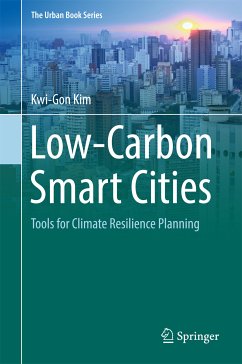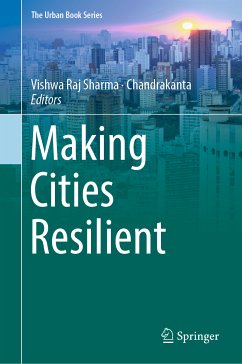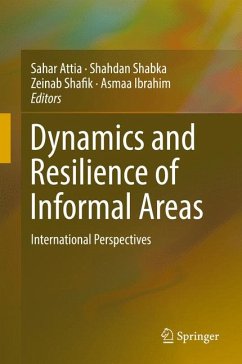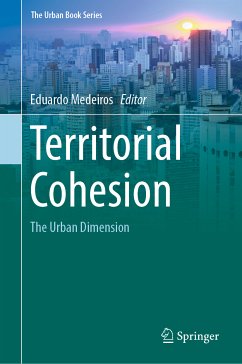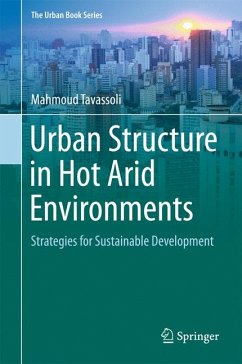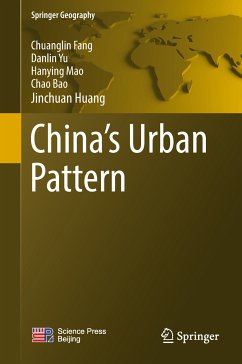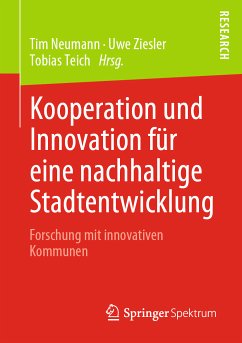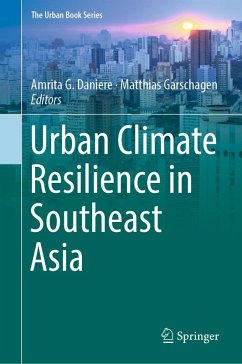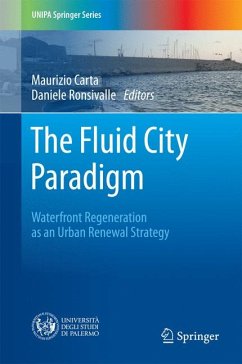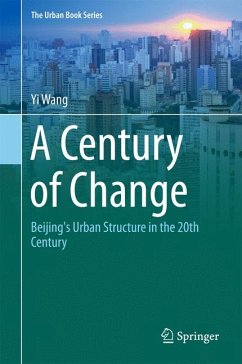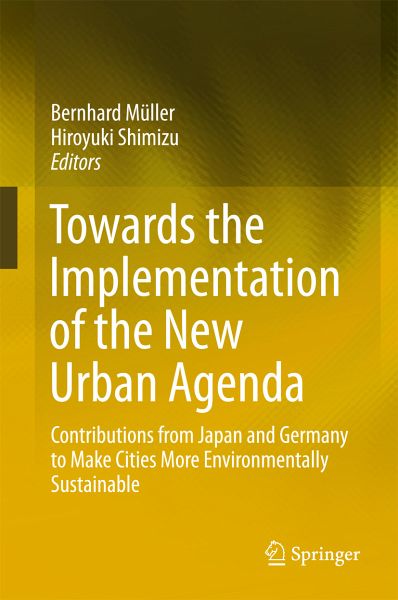
Towards the Implementation of the New Urban Agenda (eBook, PDF)
Contributions from Japan and Germany to Make Cities More Environmentally Sustainable
Redaktion: Müller, Bernhard; Shimizu, Hiroyuki
Versandkostenfrei!
Sofort per Download lieferbar
72,95 €
inkl. MwSt.
Weitere Ausgaben:

PAYBACK Punkte
36 °P sammeln!
One of the first book-length manuscripts to make reference to the United Nations Sustainable Development Goals, especially goal no. 11 on sustainable cities, and the New Urban Agenda adopted at the 2016 Habitat III Quito conferenceEstablishes a relation between the German "Strategische Forschungs- und Innovationsagenda Zukunftsstadt" ("Strategic Research and Innovation Agenda City of the Future") and the Japanese "Future City Initiative"Provides a comparison of two mature economies and ageing societies with vivid examples for other countries with similar challenges Provides deep insights in ur...
One of the first book-length manuscripts to make reference to the United Nations Sustainable Development Goals, especially goal no. 11 on sustainable cities, and the New Urban Agenda adopted at the 2016 Habitat III Quito conference
Establishes a relation between the German "Strategische Forschungs- und Innovationsagenda Zukunftsstadt" ("Strategic Research and Innovation Agenda City of the Future") and the Japanese "Future City Initiative"
Provides a comparison of two mature economies and ageing societies with vivid examples for other countries with similar challenges
Provides deep insights in urban environmentally sustainable development approaches in Germany and Japan, making the book extremely relevant for planners and planning scholars in both countries and in countries with similar urban infrastructure and conditions
Establishes a relation between the German "Strategische Forschungs- und Innovationsagenda Zukunftsstadt" ("Strategic Research and Innovation Agenda City of the Future") and the Japanese "Future City Initiative"
Provides a comparison of two mature economies and ageing societies with vivid examples for other countries with similar challenges
Provides deep insights in urban environmentally sustainable development approaches in Germany and Japan, making the book extremely relevant for planners and planning scholars in both countries and in countries with similar urban infrastructure and conditions
Dieser Download kann aus rechtlichen Gründen nur mit Rechnungsadresse in A, B, BG, CY, CZ, D, DK, EW, E, FIN, F, GR, HR, H, IRL, I, LT, L, LR, M, NL, PL, P, R, S, SLO, SK ausgeliefert werden.



